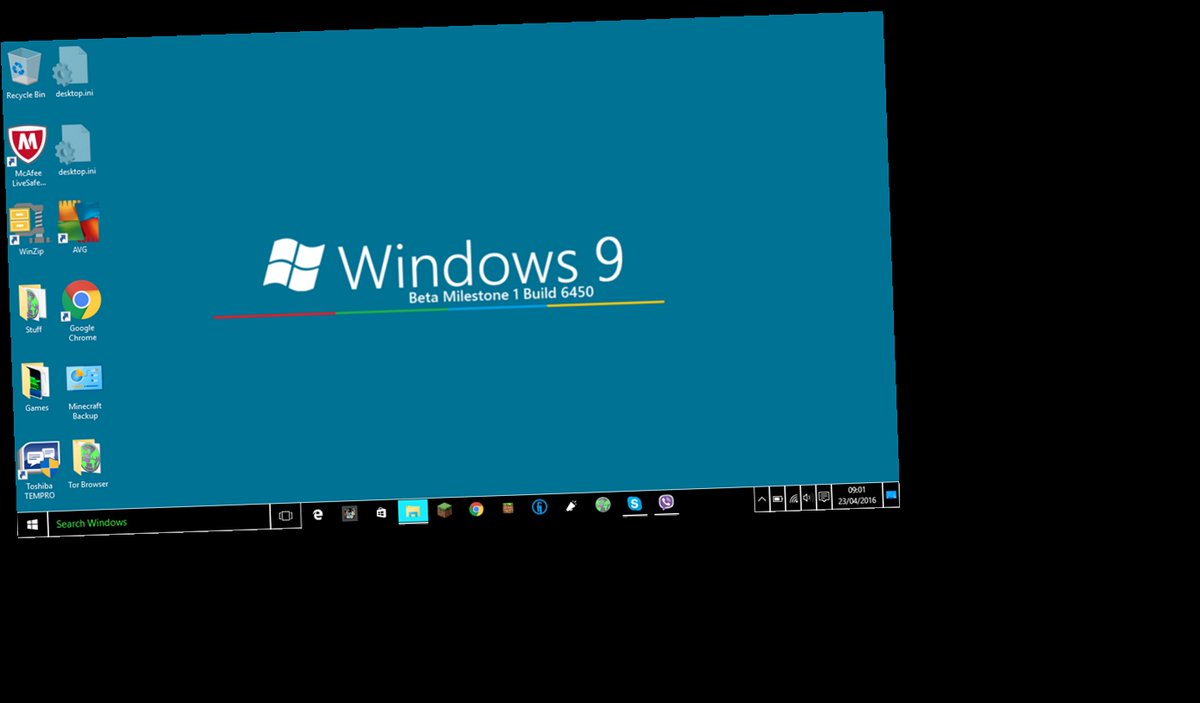

 The computer: Invented by Charles Babbage in 1837, and developed by Alan Turing, John von Neumann and others, the computer has had a profound impact on nearly every aspect of modern life, from business to entertainment to science and technology. The assembly line: Invented by Ransom Olds in 1901 and perfected by Henry Ford, the assembly line made mass production of goods possible, revolutionizing the manufacturing industry. The airplane: Invented by the Wright Brothers in 1903, the airplane changed the way we travel, making it possible to fly over long distances in a relatively short amount of time. The lightbulb: Invented by Thomas Edison in 1879, the lightbulb transformed the way we light our homes and buildings, making it possible to have electric light. The telephone: Invented by Alexander Graham Bell in 1876, the telephone revolutionized communication by allowing people to talk to each other over long distances. There are countless famous inventions throughout history, but here are a few examples of notable and influential inventions: What Type of Invention Qualifies to be a Plant Patent?. What type of invention qualifies for a Design Patent. What type of invention qualifies for a Utility Patent?. What is the “Patentable Subject Matter” requirement?. Does the invention have industrial applicability?. What inventions are eligible to be patentable?. It is always recommended to consult a patent attorney or agent to ensure that your patent application is in the best possible state prior to submission. It’s important to note that patents can take a long time to be granted, and the timing of your patent application may depend on the specific circumstances of your invention, your competition and the current state of your market. To obtain a patent, inventors must comply with specific government guidelines that I will discuss below.
The computer: Invented by Charles Babbage in 1837, and developed by Alan Turing, John von Neumann and others, the computer has had a profound impact on nearly every aspect of modern life, from business to entertainment to science and technology. The assembly line: Invented by Ransom Olds in 1901 and perfected by Henry Ford, the assembly line made mass production of goods possible, revolutionizing the manufacturing industry. The airplane: Invented by the Wright Brothers in 1903, the airplane changed the way we travel, making it possible to fly over long distances in a relatively short amount of time. The lightbulb: Invented by Thomas Edison in 1879, the lightbulb transformed the way we light our homes and buildings, making it possible to have electric light. The telephone: Invented by Alexander Graham Bell in 1876, the telephone revolutionized communication by allowing people to talk to each other over long distances. There are countless famous inventions throughout history, but here are a few examples of notable and influential inventions: What Type of Invention Qualifies to be a Plant Patent?. What type of invention qualifies for a Design Patent. What type of invention qualifies for a Utility Patent?. What is the “Patentable Subject Matter” requirement?. Does the invention have industrial applicability?. What inventions are eligible to be patentable?. It is always recommended to consult a patent attorney or agent to ensure that your patent application is in the best possible state prior to submission. It’s important to note that patents can take a long time to be granted, and the timing of your patent application may depend on the specific circumstances of your invention, your competition and the current state of your market. To obtain a patent, inventors must comply with specific government guidelines that I will discuss below. 

A United States patent can cover a production process, a machine or tool, a composition, new plant species, or an upgrade of an existing invention. Inventions are granted patents if they are novel, step ingenious, industrially applicable and are a patentable subject matter. Patents can be granted for almost anything. As a patent attorney who have filed patents for startups that went public, I have seen many inventions in my practice.








 0 kommentar(er)
0 kommentar(er)
